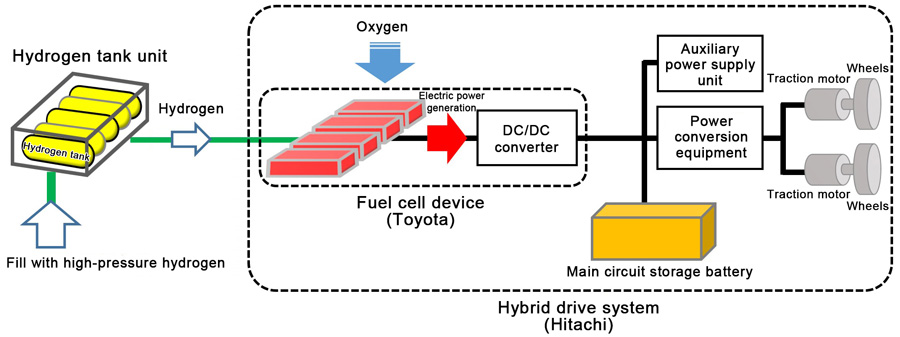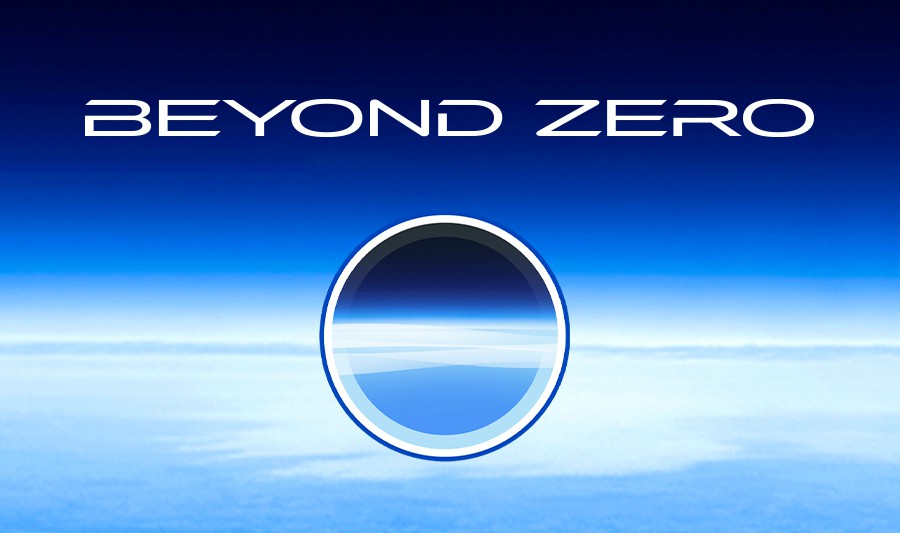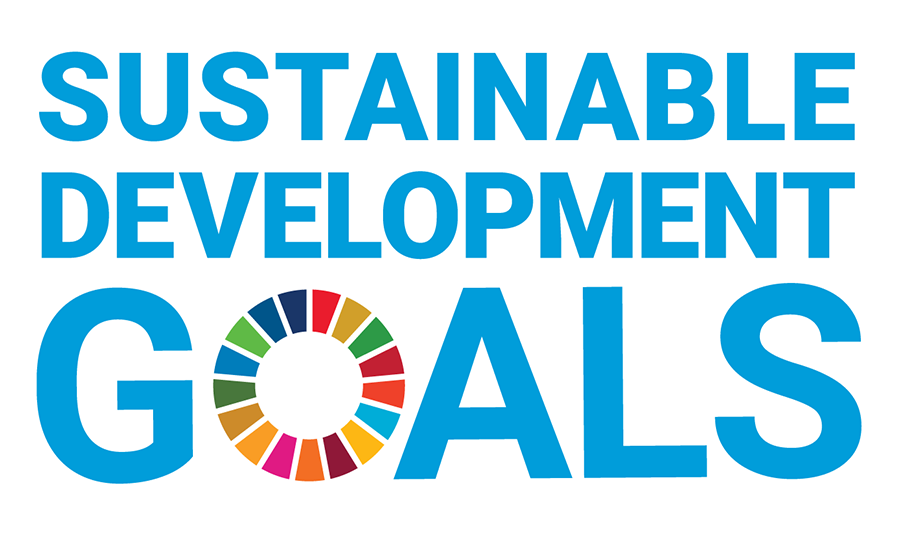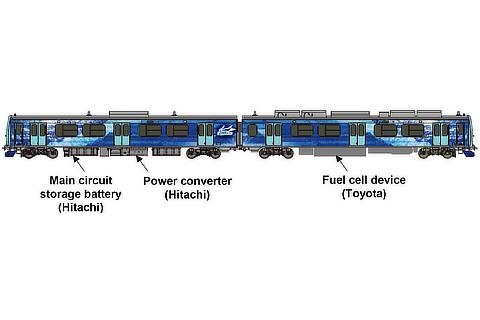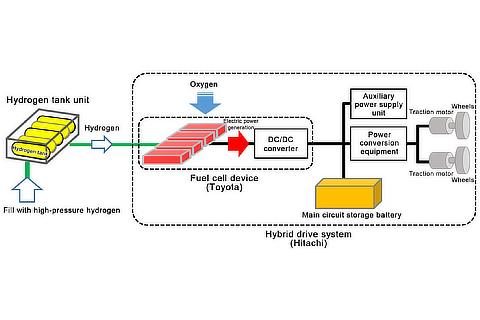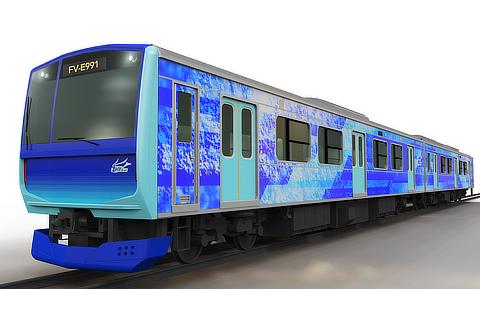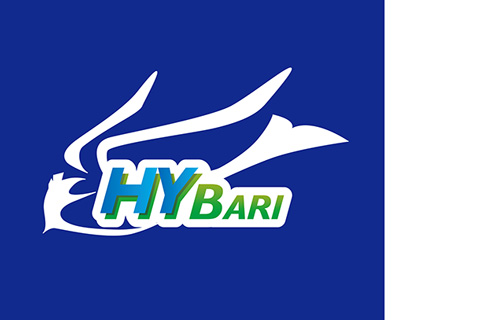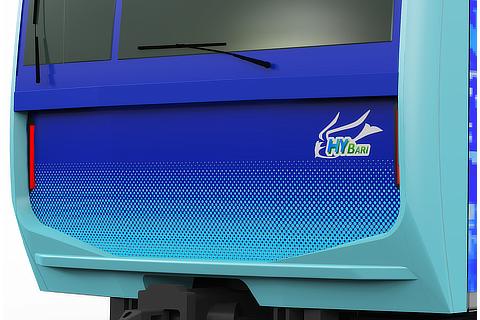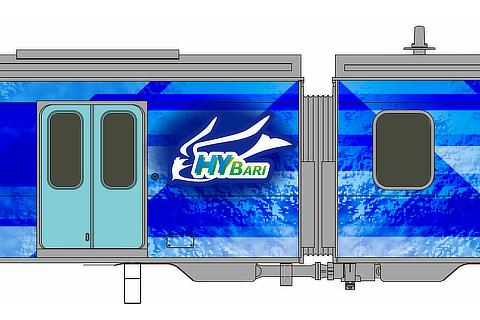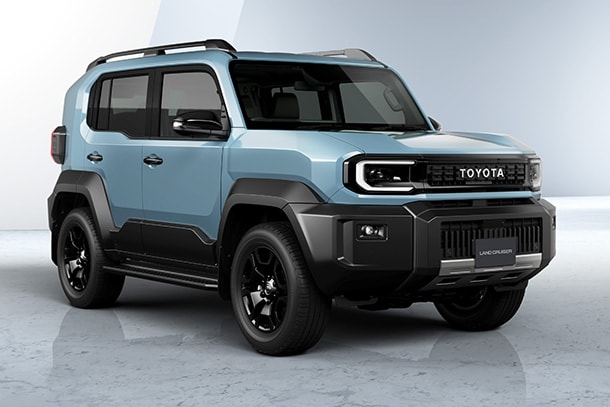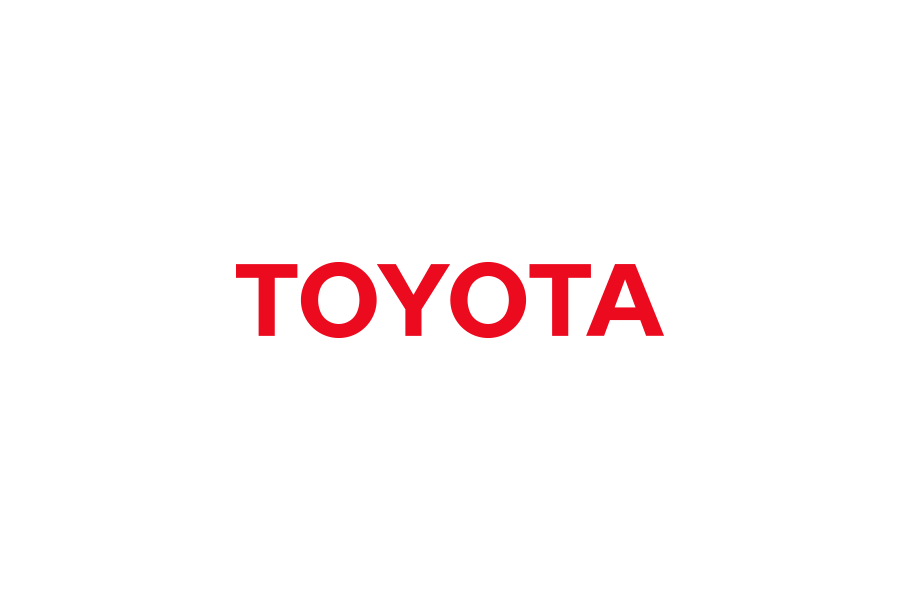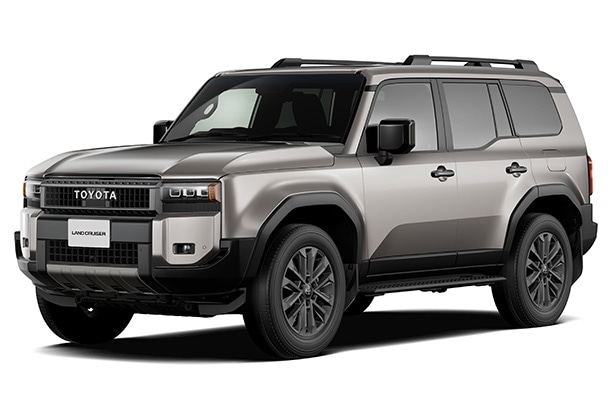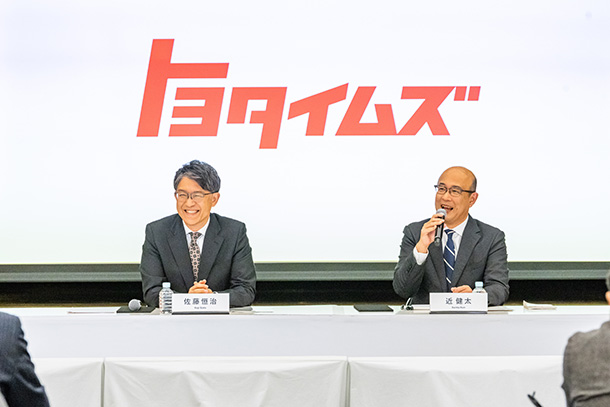Oct. 06, 2020
JR East, Hitachi and Toyota to Develop Hybrid (Fuel Cell) Railway Vehicles Powered by HydrogenTest vehicles to be developed by combining railway and automotive technologies
Hitachi, Ltd.
Toyota Motor Corporation
Toyota City, Japan, October 6, 2020―East Japan Railway Company ("JR East"), Hitachi, Ltd. ("Hitachi"), and Toyota Motor Corporation ("Toyota") have entered into an agreement to collaborate on development of test railway vehicles equipped with hybrid systems that use hydrogen powered fuel cells and storage batteries as their source of electricity. By collaborating to develop these test railway vehicles, we aim to further improve the environmental superiority of railways and realize a sustainable society.
- Contributing to a Carbon-Free Society with Next-Generation Railway Vehicles
As efforts are made throughout the world to create sustainable societies, the same is also true for the railway sector, a means of mass transport, where there is high anticipation for next-generation rolling stock that operates using clean energy, such as hydrogen. Hydrogen ensures minimal environmental impact as it does not emit any carbon dioxide when used as an energy source and it can be produced from various raw materials using renewable energy.
The development of innovative rolling stock powered by hydrogen will therefore contribute to the development of a low-carbon society as it helps to curb global warming and diversify energy sources.
- Collaboration to Develop Hybrid (Fuel Cell) Test Vehicles
Combining their railway and automotive technologies, namely JR East's railway vehicle design and manufacturing technologies. Hitachi's railway hybrid drive system technologies developed with JR East, and Toyota's technologies acquired through development of the Mirai fuel cell electric vehicle and the SORA fuel cell bus, the three companies will adapt the fuel cells used in automobiles for railway applications.
Together, they will create hybrid (fuel cell) test vehicles with the aim of achieving the high-power output control necessary to drive railway vehicles, which are much larger than automobiles.
- Overview of the Hybrid (Fuel Cell) Test Vehicles
- Train Configuration
-
- Vehicle model
- FV-E991 series
-
- Train configuration
- Two cars in one unit
- Workings of the Fuel Cell Hybrid System
The hydrogen used to fill the hydrogen tank is supplied to the fuel cell device and undergoes a chemical reaction with oxygen in the air to generate electricity. The main circuit storage battery is charged by electric power from the fuel cell device and by capturing and converting energy to electric power using regenerative braking. The hybrid drive system supplies the electric power to the traction motors from both the fuel cell device and the main circuit storage battery, controlling the movement of the wheels.
Toyota will develop the fuel cell device and Hitachi will develop the hybrid drive system.
- Main Specs of the Test Vehicle
| Item | Model FV-E991 Specs |
|---|---|
| Train configuration | 2 cars (1M1T) |
| Maximum speed | 100 km/h |
| Acceleration | 2.3 km/h/s |
| Range | Approx. 140 km (max.) |
| Main circuit devices | Inverters (VVVF inverter)1C2M × 2 units, Traction motors95 kW × 4 |
| Fuel cell device |
|
| Main circuit storage battery |
|
| Hydrogen tank unit |
|
- Nickname
This nickname was adopted to evoke an image of an advanced hybrid railway vehicle equipped with fuel cells and a main circuit storage battery that will generate innovation.
"HY" represents "hydrogen," while "HYB" means "hybrid."
- DesignIncorporating a blue splash pattern to represent the moistening of the earth and symbolize water generated from the chemical reaction in the fuel cells as a motif, the railway vehicle design conveys both a sense of speed and a futuristic image.
-

- Rendering of the Exterior View
- LogoThe lark is known as a harbinger of spring. The HYBARI logo of the test vehicles was designed to represent the introduction of new energy for vehicles like a breath of spring onto the land.
-
 Logo
Logo -
 Front Image
Front Image -
 Side Image
Side Image
- Overview of demonstration testing
-
- Start of testing
- March 2022 (scheduled)
-
- Test section
- JR East Tsurumi Line, Nambu Line, etc.
"Achieving zero, and adding new value beyond it"
As part of efforts to pass our beautiful "Home Planet" to the next generation, Toyota has identified and is helping to solve issues faced by individuals and overall society, which Toyota calls "Achieving Zero," hoping to help reduce the negative impacts caused by these issues to people and the environment to zero. Additionally, Toyota is also looking "Beyond Zero" to create and provide greater value by continuing to diligently seek ways to improve lives and society for the future.
- About Beyond Zero
- https://global.toyota/en/mobility/beyond-zero/
Toyota Motor Corporation works to develop and manufacture innovative, safe and high-quality products and services that create happiness by providing mobility for all. We believe that true achievement comes from supporting our customers, partners, employees, and the communities in which we operate. Since our founding over 80 years ago in 1937, we have applied our Guiding Principles in pursuit of a safer, greener and more inclusive society. Today, as we transform into a mobility company developing connected, automated, shared and electrified technologies, we also remain true to our Guiding Principles and many of the United Nations' Sustainable Development Goals to help realize an ever-better world, where everyone is free to move.
- SDGs Initiatives
- https://global.toyota/en/sustainability/sdgs/

